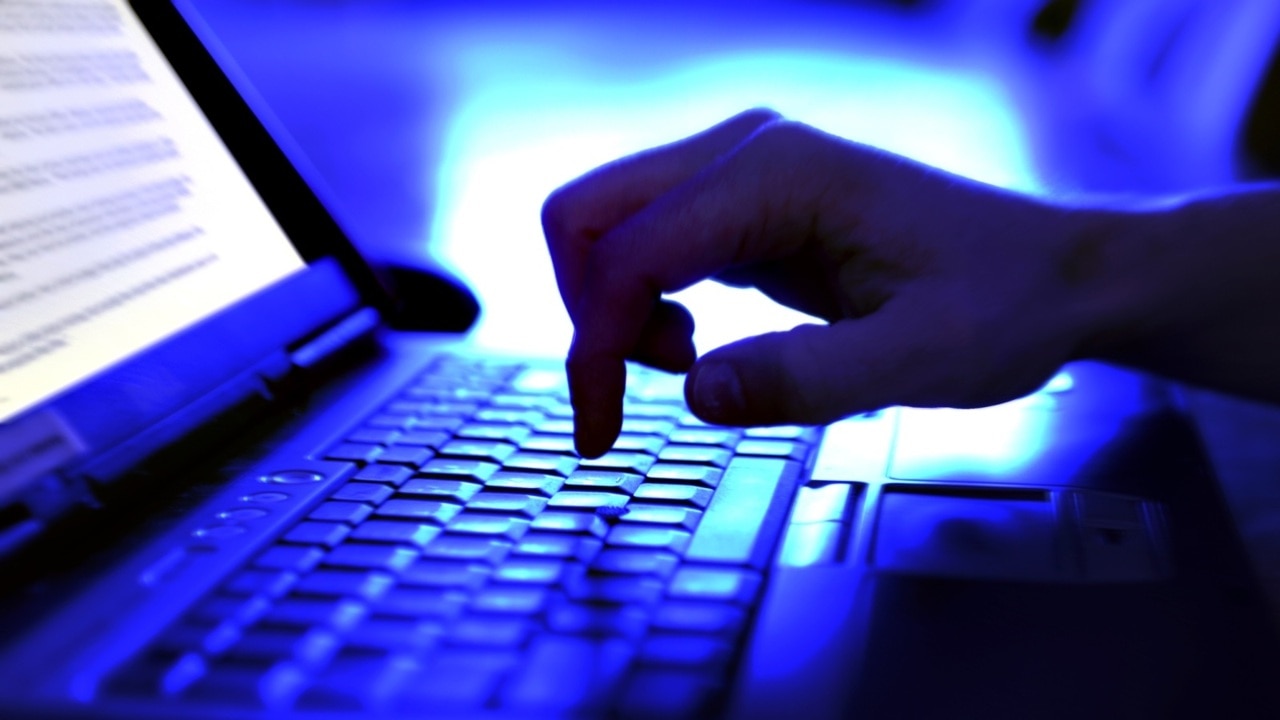Body-shaming on the rise as cooped-up Australian kids spend more time online
Aussie kids and teens are being body-shamed as they spend more time in front of screens. But there are ways to help your child.

Exclusive: Body-shaming of children and teenagers online has worsened during the pandemic as cooped-up kids spend more time in front of screens than playing sport.
Distraught children have flooded Kids Helpline with calls after being cyberbullied with nasty comments about their looks.
Yourtown chief executive Tracy Adams said COVID-19 lockdowns and restrictions had curbed kids’ “real life interactions’’ with classmates and friends.
“It’s difficult for young people, living in a world of photo-filters and picture-perfect selfies, to maintain positive body image and self-esteem, particularly when it’s so easy for others to make a nasty comment,” she said.
“At Kids Helpline, we regularly hear from teenagers who are distressed by online body-shaming.’’
Ms Adams said she was concerned by the number of children targeted with “appearance based abuse’’.
She urged parents and teachers to “keep an eye’’ on students and direct them to Kids Helpline for advice.
Yourtown, which runs Kids Helpline, has teamed up with anti-bullying organisation Project Rockit to provide free online information for schools about body image.
Project Rockit presenter Jayde Petrie said COVID-19 isolation meant many children and teenagers were out of touch with how their friends really look.
“There are a lot of body issues and body shaming especially during COVID, and it causes a lot of anxiety,’’ she said.
“A lot of young people feel pressure to look the way they see people online, but they’ve probably been edited and filtered.
“You lose touch with what humans look like in real life.’’

Ms Petrie said young Australians need a “reality check’’ about what they should look like.
“We’re living so much in the online world, especially during COVID, and it can set unrealistic standards for bodies,’’ she said.
“Anatomically, no one can look that way.’’
Ms Petrie said social media pile-ons could upset children who innocently post pictures of themselves for fun.
“They post photos of themselves and other students comment, and it builds up into bullying,’’ she said.
“People can be more harsh online, and feel they can make comments they would never say to someone’s face.
“Sometimes, especially in school settings, there can be a group mentality that one person says something and the others jump in and say the same thing.’’
Ms Petrie said children’s bodies changed rapidly during adolescence, making them targets for online critics.
“Young people can really get targeted for looking different, when that’s what makes them unique,’’ she said.
“Some of the worst comments target body hair and sweating and growing into bodies faster than other students.’’
Professor Louise Baur, who is president-elect of the World Obesity Federation and a consultant paediatrician at The Children’s Hospital at Westmead in Sydney, said adults and some children and teenagers had gained weight during long lockdowns overseas.
She called for more exercise and less screen time to help Australian kids stay healthy.
“The health of children and adolescents is vastly improved if they have access to healthy food choices, have good sleep routines, keep screen times to a relative minimum and enjoy regular physical activity,’’ she said.
Professor Baur, who is also director of the National Health and Medical Research Council centre for research excellence in childhood obesity, said kids should “get outside wherever possible and allowed’’, and limit screen time.
“Make the most of when you are allowed outside to be active,’’ she said.
“Walk, cycle, scooter, use skipping ropes, walk the dog (or) play with siblings.
“If you are inside, then use YouTube or other channels to find dance routines (and) aerobic exercises.’’
If you need help, please call the Kids Helpline on 1800 55 1800.





